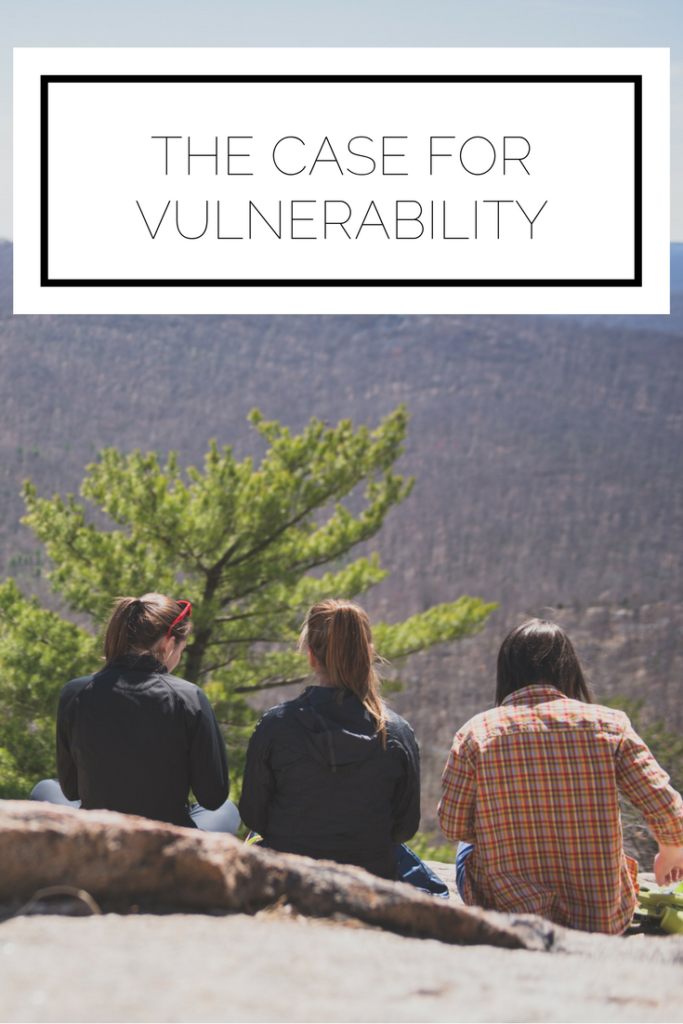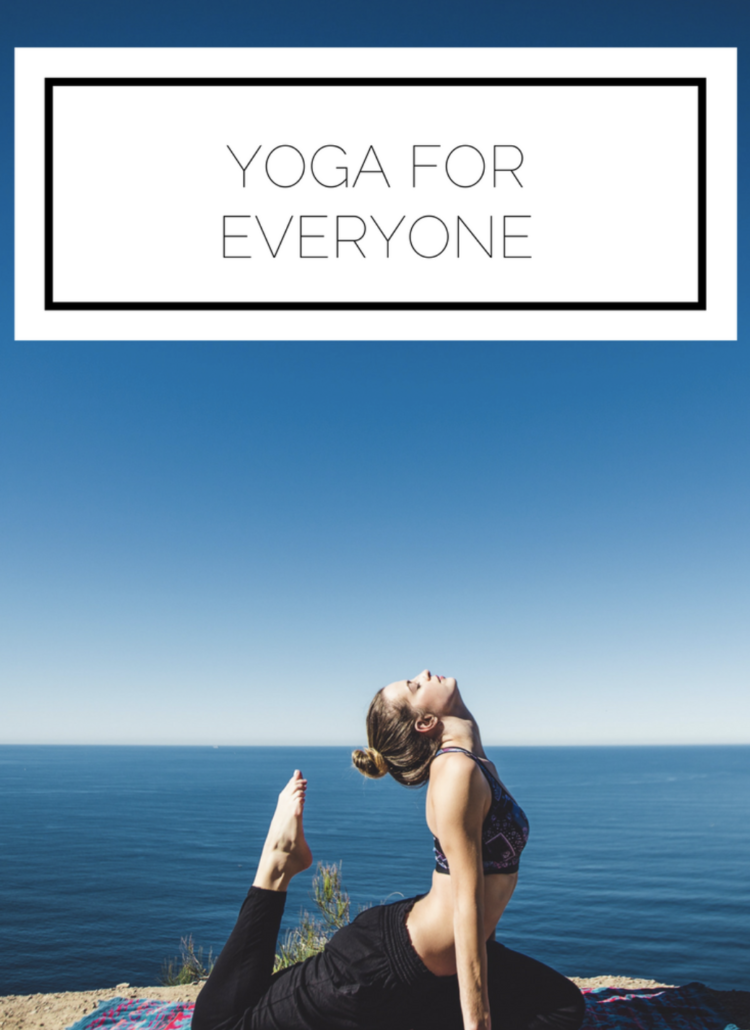At the final staff meeting of the year (for my job as a CA, which is a Community Advisor, often referred to as an RA at other schools) my boss had us write down what we were proud of personally accomplishing, what we were proud of our staff members for achieving, and then what we had overcome during the course of the year.

She set up three large sheets of paper on the wall and with great enthusiasm we ran over to write why we were proud of ourselves and others. In large letters we recorded our happiness with what had been accomplished and praised one another. However, when it came to writing what we had overcome this year, a completely different image emerged. Instead of proud declarations of the fears we had left in the dust, we instead wrote in small letters what we kinda, sorta thought we had overcome. The sense of embarrassment and uncertainty was evident as we questioned if we had in fact really conquered these fears:
Fear of failure.
Fear of imperfection.
Fear of vulnerability.
(That last one was mine) It’s scary to be vulnerable. It’s scary to let others see that you are anything less than happy and upbeat and perfect. It’s scary to admit out loud that you are unsure of your abilities and your body and your future. Although we logically recognize that we are all dealing with insecurities and challenges, actually opening up and letting our walls come down is a whole different game.
Why is vulnerability so scary?
I just used the word “scary” a lot in that previous paragraph so it’s pretty clear that I view voicing concerns to be difficult. From some self reflection and non-scientific searching on the internet, I’ve determined 2 key reasons for this:
- The response of the other person (including their perception of us) is uncertain
- Verbalizing a feeling from inside our head to the world removes our sense of control
Those are some heavy reasons, huh? Let’s deal with the first one first.
When you reveal yourself to another person you never know what the response will be. You could be met with support and encouraging words, they might have no idea how to respond, or the potential exists that instead of validation your feelings will be dismissed.
When it comes to giving voice to your thoughts, it generally feels like they are safer in your mind than out in the world. Once you express them you open yourself up to the responses of others, like mentioned before, but you also get to experience the relief of letting out what has been on your mind. *I’m thinking that I can address the idea of letting go of control later because that’s easily an entire blog post by itself. In the meantime, just know you can’t control everything no matter how much you want to and releasing that control can often draw you closer to others.*
It’s scary, I don’t like it, why are you telling me to do this?
Ok, now that it’s evident that vulnerability is straight up terrifying for most of us, why in the world am I writing this post, no doubt encouraging you to do what is uncomfortable and providing you with some practical tips at the end (I do so love my action steps)? Because, like anything else, to be courageous and grow you have to push yourself outside of your comfort zone.
There are a couple of key benefits that come from vulnerability:
- You understand yourself better, give voice to your concerns, and can therefore acknowledge them and start to take steps to address it
- The strengthening of relationships that come through revealing yourself is remarkable. You can find common ground with others that you didn’t even know you had, experience support while encouraging others to express themselves in return, and then grow together
Now, I am not suggesting that we need to go around bearing our soul to anyone and everyone. Quite the opposite, in fact! There are varying degrees of vulnerability and each conversation with someone either helps you both to grow in trust or shows you that delving deeper may not be the best idea.
While never wrecking, as The Lumineers said, “It’s better to feel pain, than nothing at all.” Instead of hanging on to the image of infallible strength we like to project, and avoiding any situation that may cause us pain, it is far better to risk hurt to give validity to our feelings than to push them down and pretend they don’t exist. Check out this music video of my favorite song from their first album.
Ok, ok, let’s hear about those action steps now
Well, I am so glad you asked 😉 Here’s the deal: this is not easy. For you, for me. At all. In fact, I have been known to run away (both figuratively and literally…although when it comes to literally it was more like an “ah, um, I need to go to the bathroom now,” removing myself from the situation sort of a deal) when I feel weak or exposed. But vulnerability does not need to be some great soul revealing, highly emotional situation. There are countless opportunities to inject truth and feelings into your interactions in order to be more real, rather than maintaining a facade.
- When a friend asks how are you, actually tell them
- When someone hurts you, express to them the real reason why
- When you are feeling insecure, share it with those who love you
Taking small steps like this to be more mindful in your day to day interactions will teach you to be more open and to find strength in your insecurities and relationships. Despite listing this as something I have “overcome” this year, it is a constant work in progress. Learning when and where it is appropriate to discuss certain things is essential, but once you do, experiencing the validity and relief of sharing your thoughts will encourage you to continue to explore vulnerability and gently draw it out of others.
Of course, I would be remiss not to mention Dr. Brene Brown in a post on vulnerability. If you don’t want to/have the time to read her more extensive work (no worries, I didn’t either), you can watch her TED Talk on the subject.
Do you embrace vulnerability? What do you think about its role in our lives?



Leave a Reply